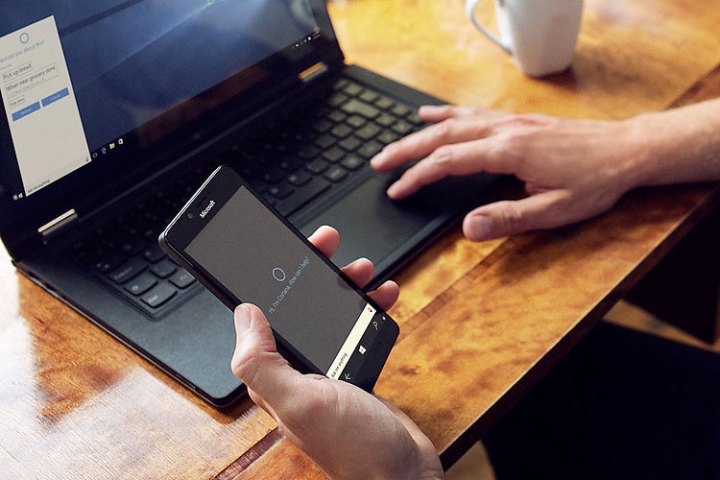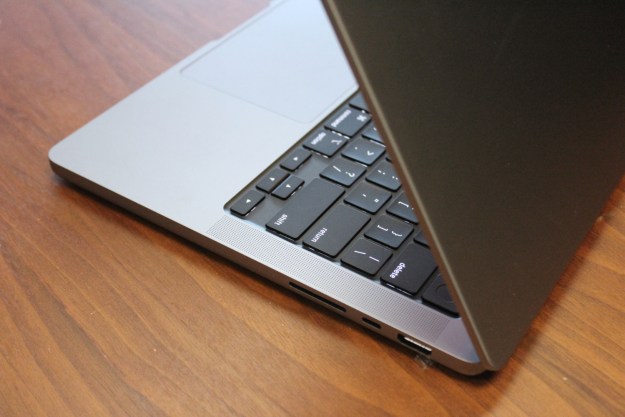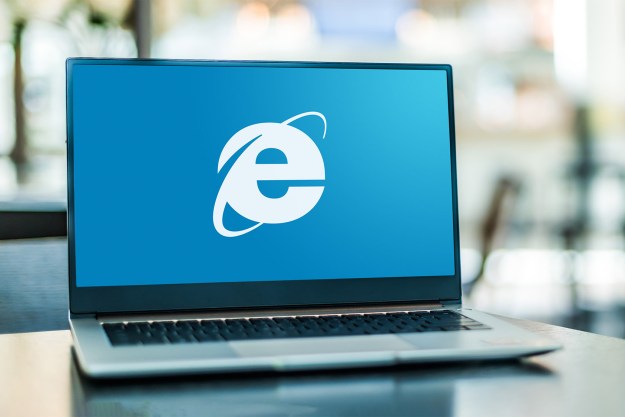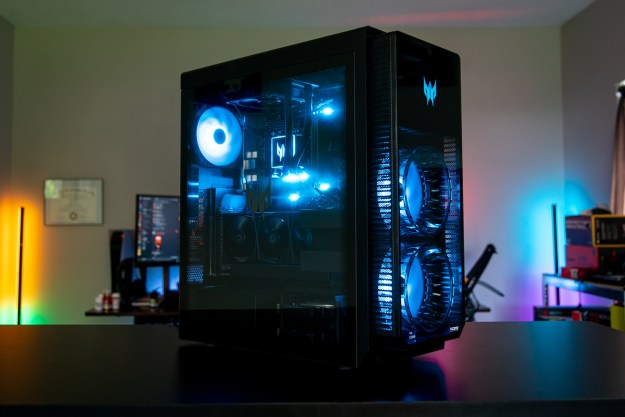
In April, Microsoft filed for a patent with the title Providing Personalized Greetings on a Digital Assistant. The purpose of this technology is seemingly to allow Cortana to deliver more personalized greetings based on user-specific and contextual pieces of information, according to a report from MS Power User.
“A goal of the personalized greeting system described herein is to mimic a human experience with the user,” reads the application, which was made public on November 3. “Providing the same greeting to the user twice in one day is not typical of how the user would be greeted by a human.”
The documentation goes on to give an example where Cortana might peek at a user’s personal information in order to give them a happy birthday message on the appropriate date. The patent also describes a mechanism where the assistant would know not to repeat that message a second time, even if the user had transitioned to another Windows 10 device.
A ranking system would be used to prioritize different greetings based on information related to the user’s interests. News content like the performance of a particular sports team, or a local weather forecast, would also feed into the range of greetings Cortana would have access to.
It certainly seems like Cortana is set to receive an upgrade to her conversational skills in the not-too-distant future — but it’s less clear when this functionality will be introduced. It’s possible that it could be part of the Creators Update scheduled for March, but we already know that Microsoft has more than one major Windows 10 update planned for next year, so we might have to wait a little longer.
Editors' Recommendations
- Windows 11 tips and tricks: 8 hidden settings you need to try
- Microsoft plans to charge for Windows 10 updates in the future
- Microsoft Paint is about to get so much better
- Microsoft Teams is getting new AI tools — and they’re free
- Microsoft Teams is about to get faster and much easier to use


